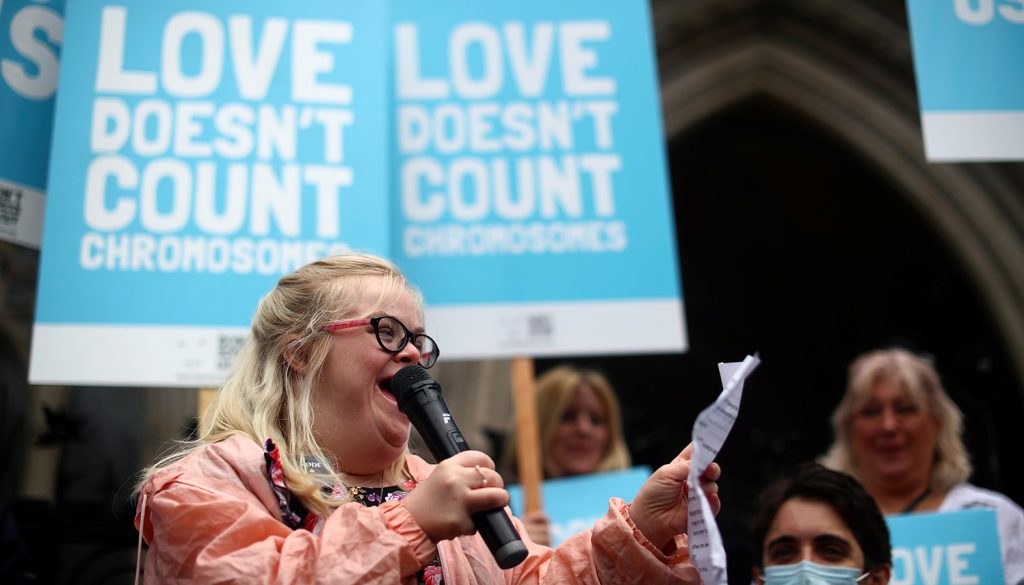I will never forget my first tattoo.
It was not the kind you see on just about every person between 18 and 47, with dolphins or roses, or some sports team logo. Personally, I hold to an ethos that if a man has an earring or a tattoo or both, he should also be the master of his own pirate ship; ergo I am inkless.
It was at a dinner party in Sydney, Australia — that’s a long story, just not this one. I was sitting next to a nice couple, probably in their mid-60s, when the wife asked me in an accent that was half North Sydney and half somewhere in Warsaw, to pass the salt. When she reached out to take the shaker from my hand, the sleeve on her cocktail dress receded and I saw it.
The Nazi who had tattooed her must have been in a rush. I thought the tattoo on the arms or Jews headed for “transportation” to camps would be more precise, orderly — representative of Aryan efficiency. These numbers were neither uniformly shaped nor sized. Maybe the tattoo “artist” had just done too many that day and his hands were fatigued.
I pretended not to see the tattoo, and the nice woman, who talked about coming to Australia as a young person and marrying her husband and raising her family, volunteered no details. Who was I to ask: so, how was it surviving a Nazi concentration camp?
Oh, but I did have questions, as a real person with real experiences of huge historical importance sat next to me at a dinner table. I wanted to know how it felt to be singled out from the rest of society. Even long after the event, she may have long ago discarded the yellow star she was forced to wear, but she was still indelibly marked as an official “other” by the ink that was inserted underneath her skin. The only thing I knew for sure when dinner was over was that she must have been an especially brave young woman in her day.
In the United Kingdom today there is another brave young woman refusing to be “marked” as an “other.” Her name is Heidi Crowter, and she challenged the British legal system, which has more stringent limitations on abortion than we have in the United States outside of the state of Texas. In the UK, an abortion is restricted after 24 weeks. But if an in-utero defect is found, such as Down syndrome, all restrictions are lifted, and the baby can be terminated up until birth. That “open season” declared on less-than-perfect unborn babies is what Crowter objected to.
By the way, Crowter has Down syndrome.
The British law is codified with requisite legal and sanitized language permitting the killing of Down syndrome children if there is “substantial risk that if the child were born it would suffer from such physical or mental abnormalities as to be seriously handicapped.”
Crowter does not feel seriously handicapped. She fought hard and tirelessly going up against a behemoth legal system — and she lost. But I believe that in her losing, there was a kind of victory. The magistrates, lawyers, and medical professionals who are perfectly fine with eliminating a child with Down syndrome had to look Crowter in the eye as they insisted that her life was not as valuable as a less imperfect child.
Outside of the Blessed Mother, no parent has ever had a perfect child.
To see this brave young woman fight for her rights and the rights of others must be a blessing for parents of Down syndrome children everywhere. I know some of these parents. To a person, they look at their Down syndrome son or daughter as nothing more and nothing less than their son or daughter.
They have no delusions that this condition doesn’t come with extra work and extra reliance on the Holy Family, but what parent doesn’t rely on those support systems with all of their children?
Abortion, especially abortion targeting the “other,” hacksaws right through the marriage vows of sickness and health, good times and bad. Because Crowter shares the chromosomal anomaly of Down syndrome, which comes with physical characteristics, she is, in a way, indelibly “marked,” naturally, much like the woman I met all those years ago in Australia was marked artificially.
Regardless of how each woman came upon their marked status, they share something undeniably. Through lives lived to their fullest in dignity and in all their humanity, they have turned these “marks” into badges of honor.

